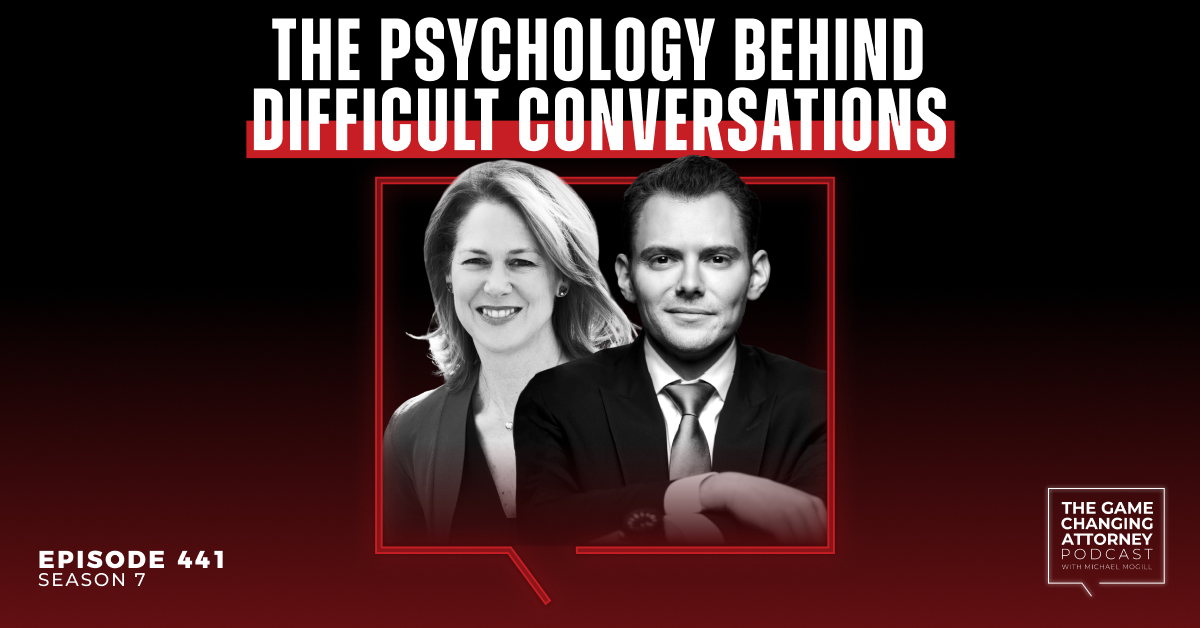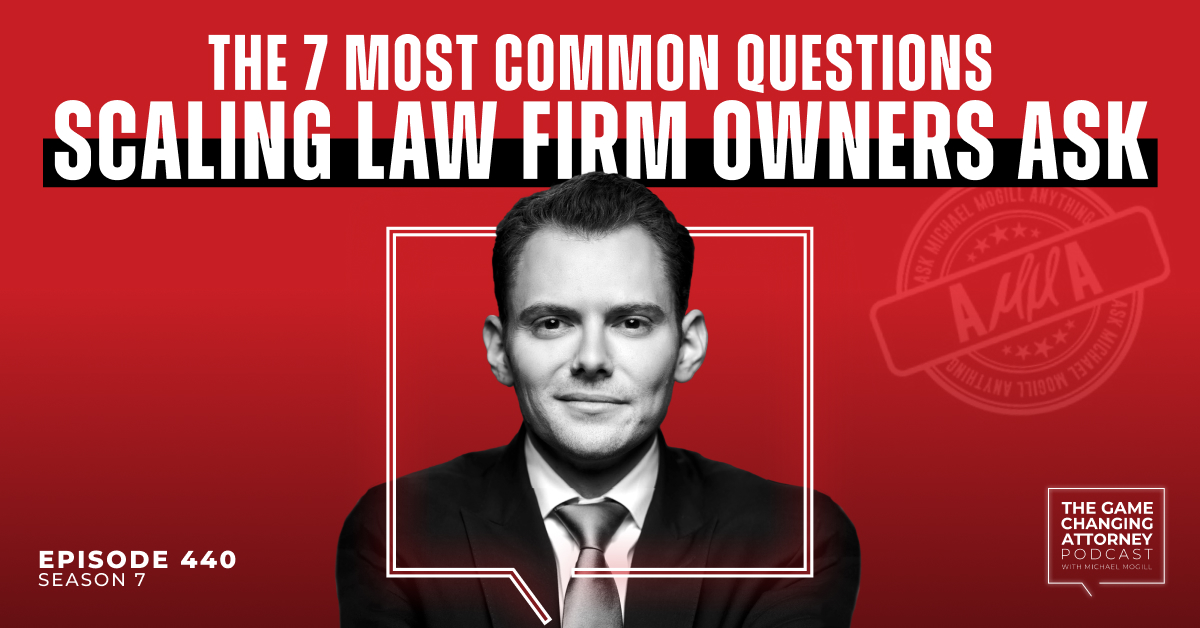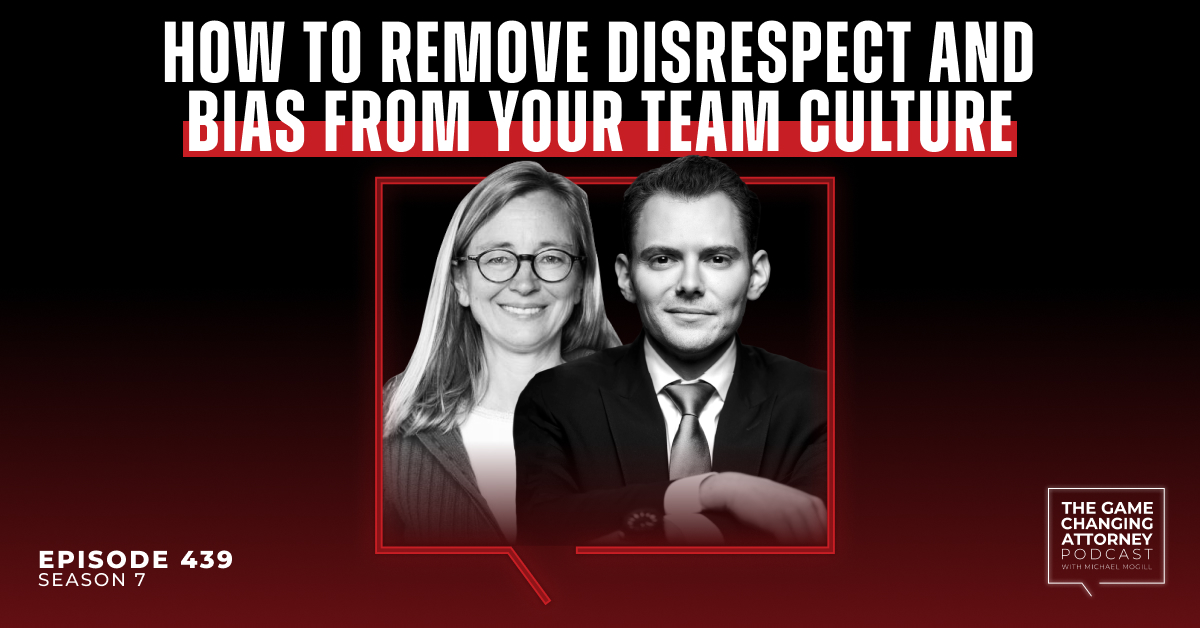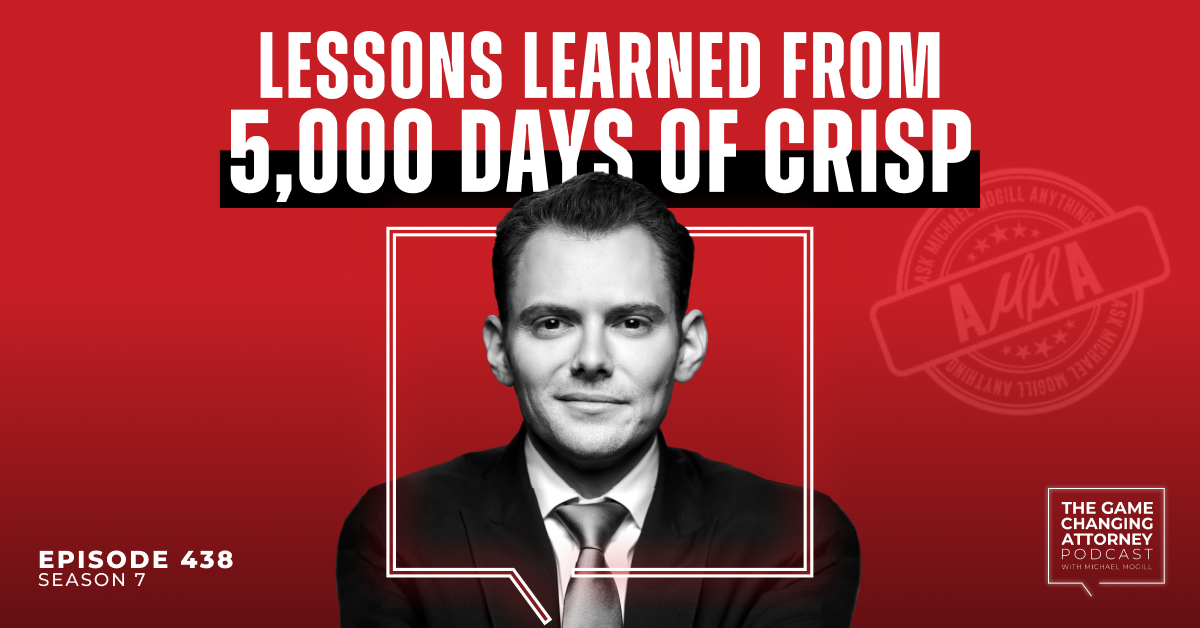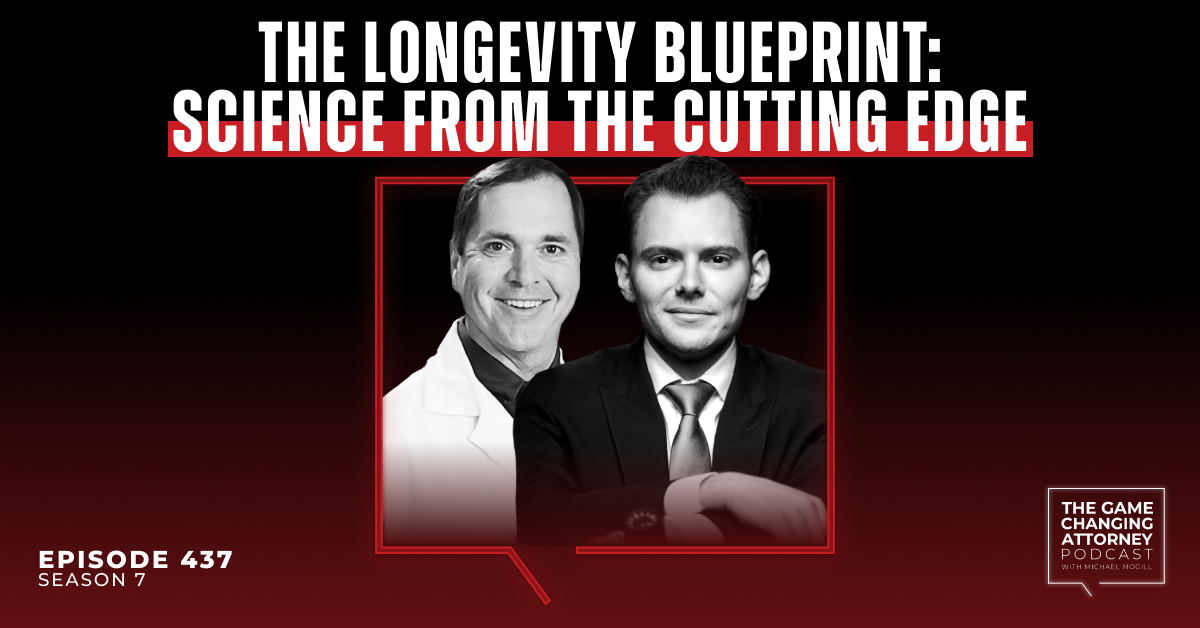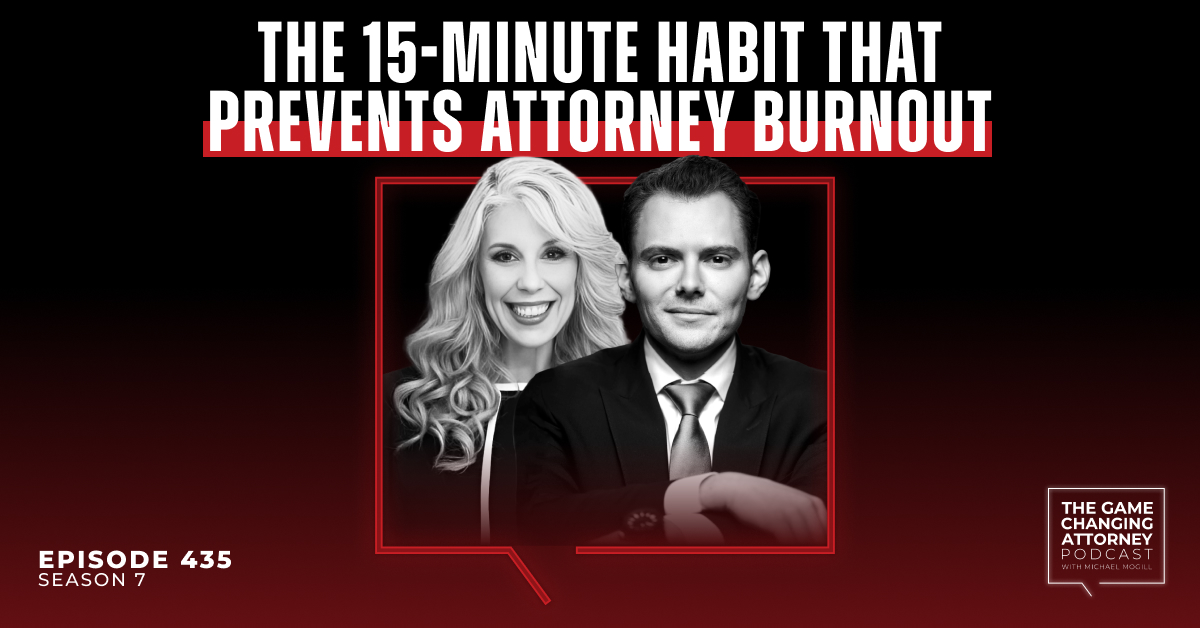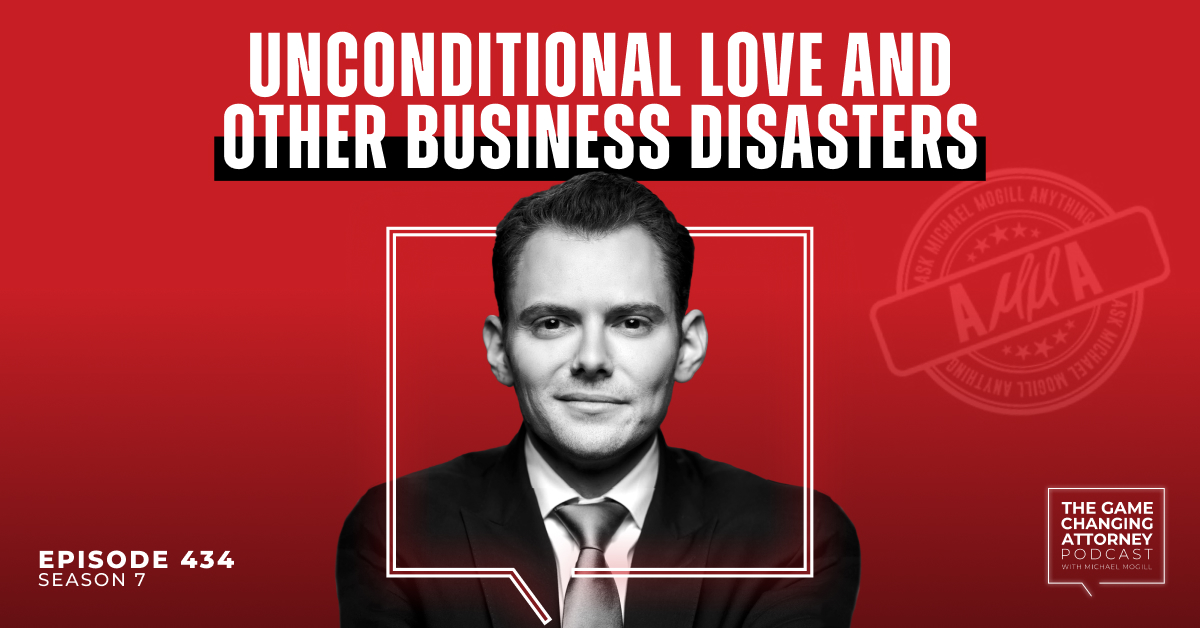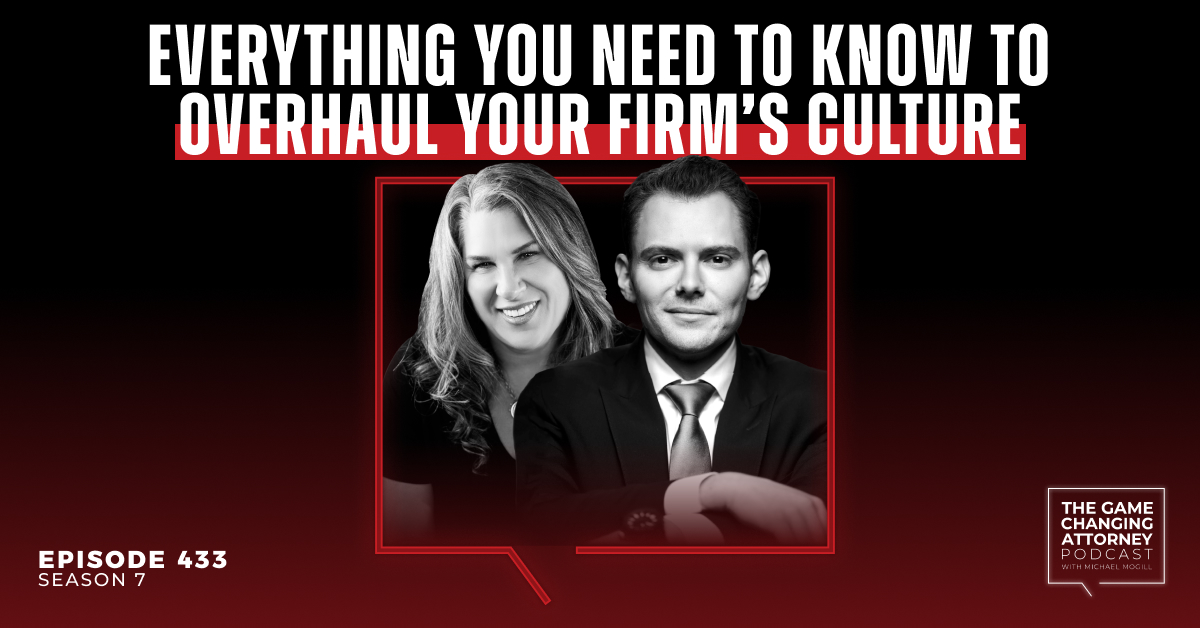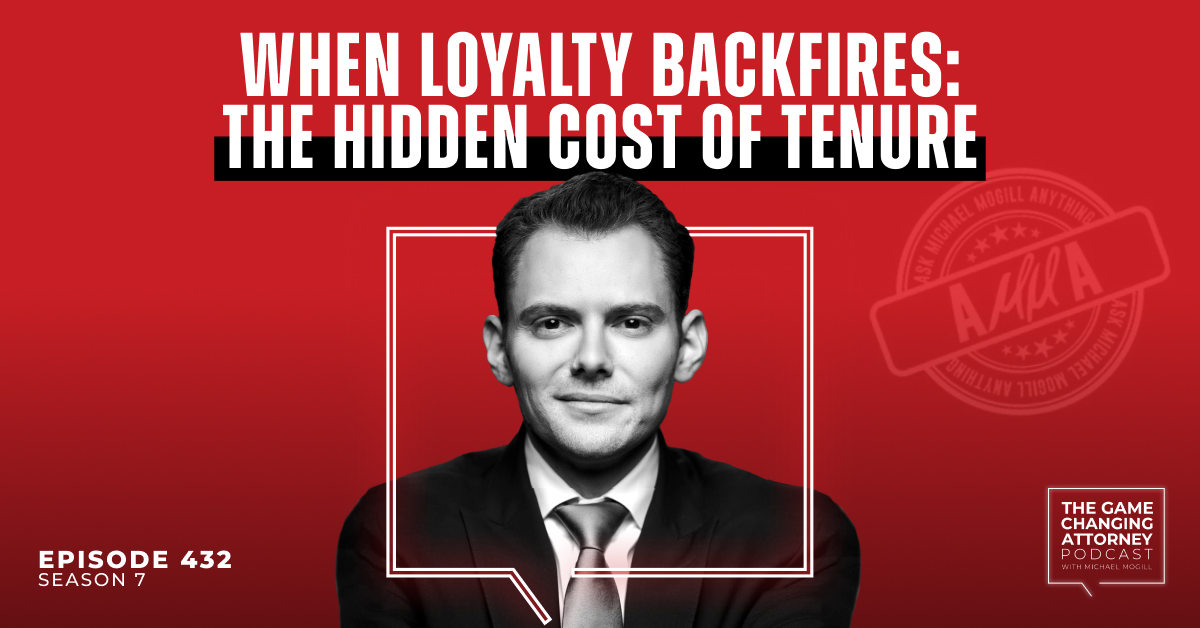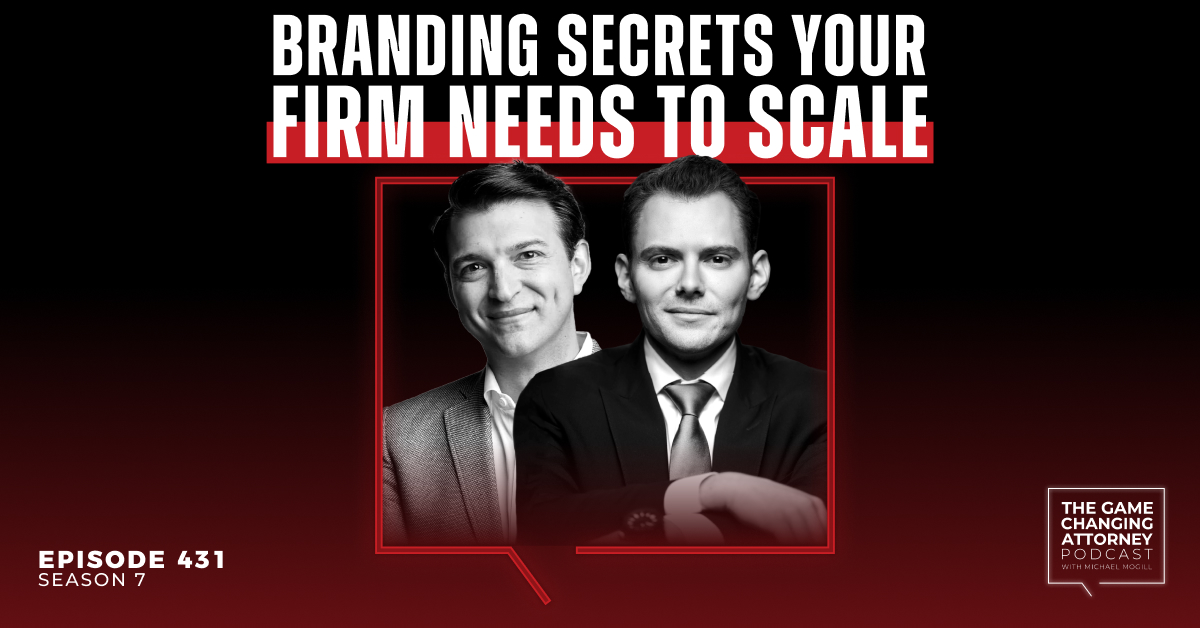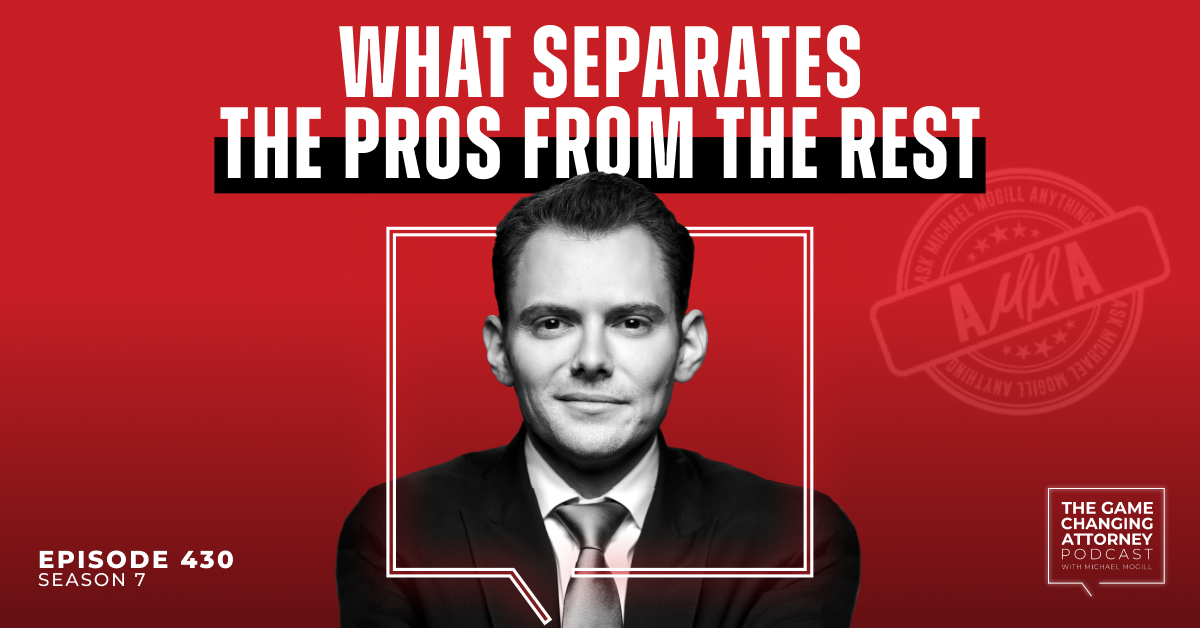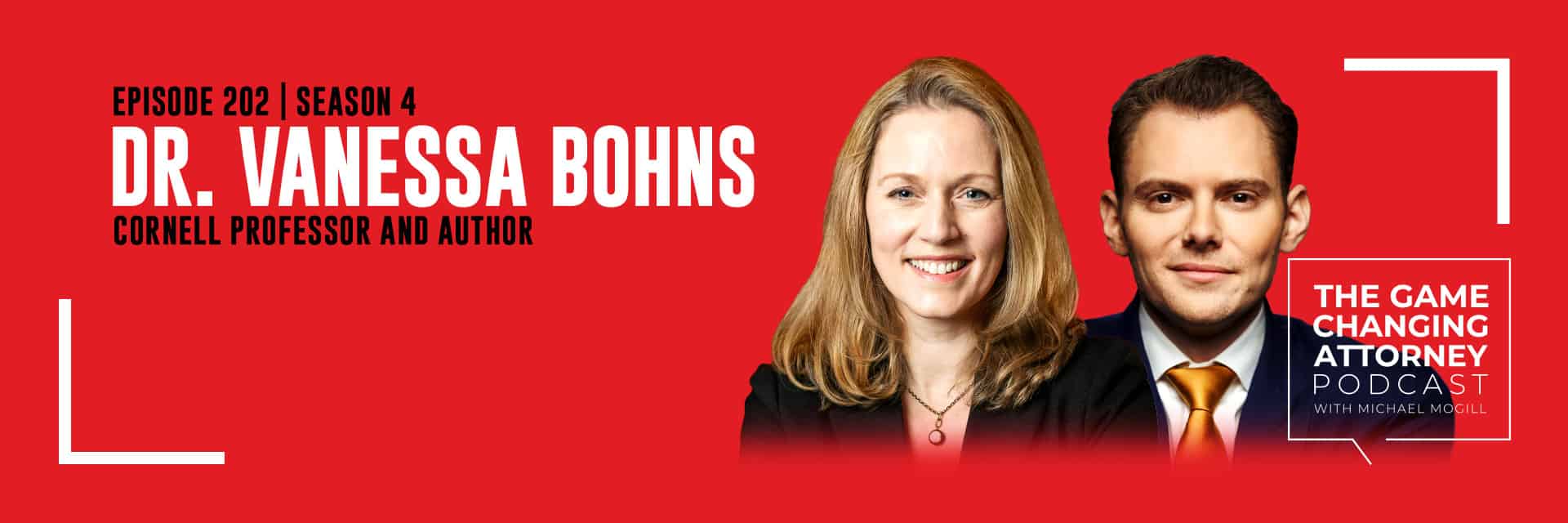

Episode 202 — Dr. Vanessa Bohns — You Have More Influence Than You Think
Dr. Vanessa Bohns is a social psychologist, author, and professor of organizational behavior at Cornell University. Her research explores how we perceive our influence — and how often we get it wrong.
In this episode of The Game Changing Attorney Podcast, Vanessa and Crisp Founder & CEO Michael Mogill explore the place of influence in leadership through:
- The implications of underestimating (or overestimating) our own influence
- How facts are often less effective at changing behavior than social norms
- Why effective leaders see influence as responsibility
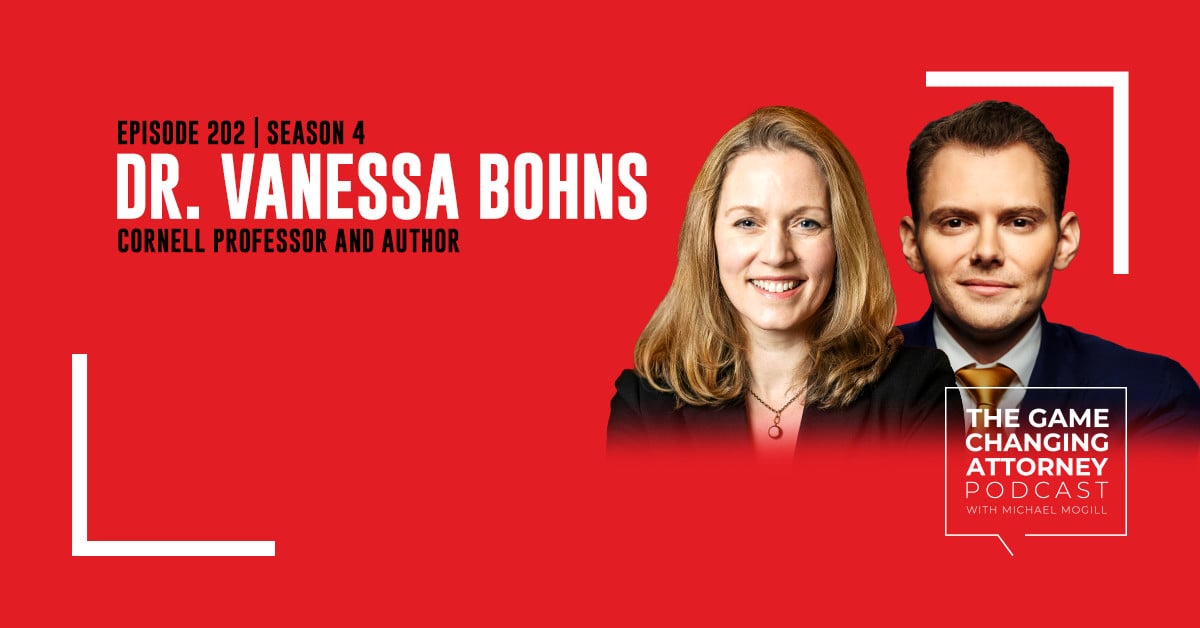
Listen & Subscribe
Show Notes:
Your actions are not invisible. “The invisibility cloak illusion refers to the idea that as we walk through the world on an ordinary day, we think that no one is paying attention to us. We think we’re essentially walking around in an invisibility cloak. What Emily Boothby at Wharton showed is that people are noticing you and the things you’re doing, wearing, and your behaviors more than we tend to think.”
Avoid two extremes. “When we’re going about our ordinary life and not acutely self-conscious, we feel more invisible than we are. When we’re self-conscious or embarrassed about something, we think all eyes are on us, and that’s not necessarily true.”
People remember how you made them feel. “We think that other people’s memory is more rote, and they’ll remember and hold us to everything we say. It’s more about conveying general warmth, opinions, and ideas.”
Others want to listen. “We underestimate how much people are willing to listen to us and notice the things we post on social media. We underestimate how willing people are to hear an alternative perspective if presented in a certain way. It’s a perfect storm where we think we’re right because we overestimate how moral and unbiased we are, but we also feel like we’re shouting into the void — so we wind up being overly assertive.”
Power is responsibility. “There’s a big difference in the research between people who think about power in terms of opportunity and people who think about the responsibility that comes with power. When you’re in a position of power and show a kind of vulnerability, it suggests that you’re willing to think and care about others. It suggests a pro-social understanding and a responsibility that you’re taking for other people’s outcomes.”
When in doubt, just ask. “The only way to get past our misperceptions is to hear from the people that you’re curious about and ask them questions. Sometimes that means asking in an anonymous survey, and sometimes it means just taking up less space in the room — not being the first to speak when you ask a question and not giving your opinion first. Elicit input from people who don’t ordinarily speak up.”
You already have influence. “Rather than feeling like you need more influence, be mindful of what you’re already doing and putting out there. It’s possible that you already have a big impact, but it’s not in the direction you want, or not as positive as you’d like, or you’re holding back because you don’t realize that simple things can have a big impact. It’s important to make the shift from worrying about what we don’t have to being mindful of what we do have.”
What does being a game changer mean to you? “I think it’s a willingness to reflect and try to improve constantly. That doesn’t always mean pushing forward. I think it comes with the confidence of pulling back sometimes. You have more influence than you think. You can use it more, or you can recognize there are some situations where you want to pull back and make space for other people’s voices.”
RESOURCES & REFERENCES
You Have More Influence Than You Think: How We Underestimate Our Power of Persuasion, and Why It Matters by Dr. Vanessa Bohns
Behavioral Contagion
Invisibility Cloak Illusion
Spotlight Effect
Diffusion of Responsibility
Bystander Effect
The Liking Gap
DR. BOHN’S 3 STEPS TO UNDERSTANDING INFLUENCE:
- Visualize your influence from a third-party perspective. (Suggestion: What if you were reviewing a tape of your performance as a leader?)
- Gather true perspectives.
- Experience your influence. (Suggestion: Write a letter of gratitude to someone who helped you on your path.)
Connect with Michael
- Text directly at 404-531-7691
